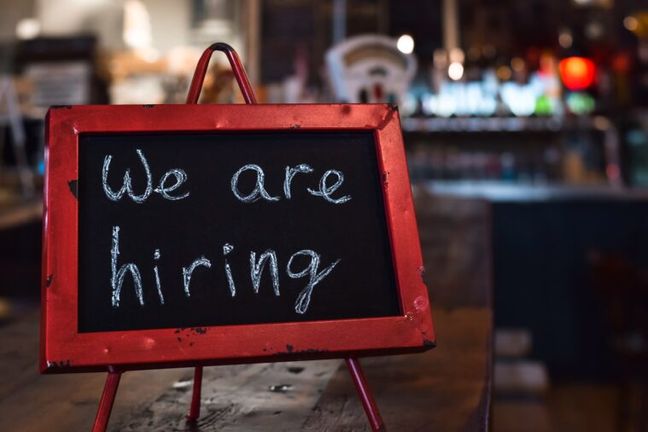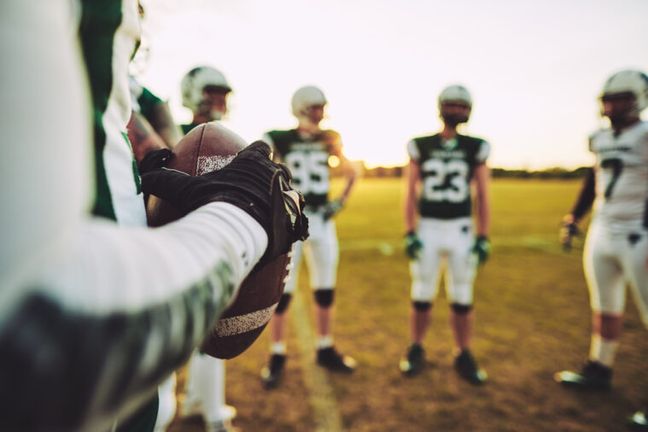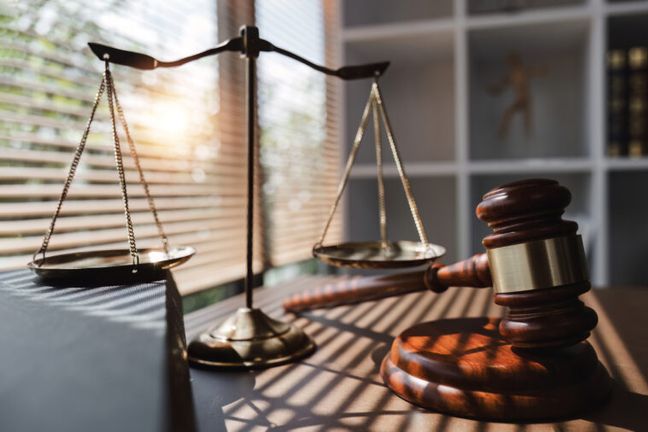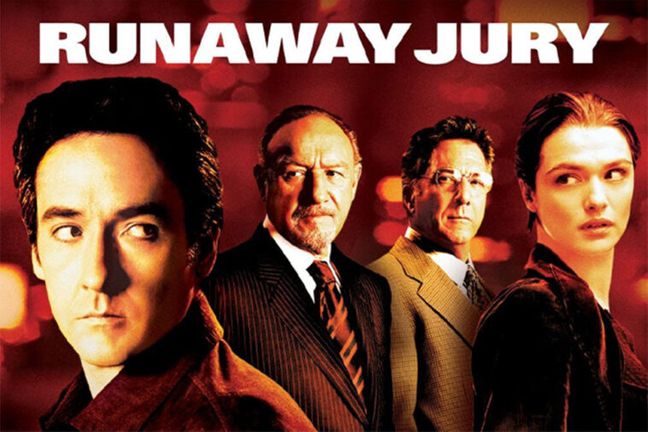
 What does Pride month mean to you?
What does Pride month mean to you?
RR: To me, Pride is about diversity and equality for all. It is a time to celebrate and be proud of who you are, to be open about your identity, and not let anyone bring you down. People struggle with coming out, and Pride is about owning who you are—there shouldn’t be any reason to be ashamed.
Could you share your experience as an LGBTQ+ ally?
RR: My daughter, Beatrice, came out to me over Thanksgiving during her senior year of high school, which is already a very fraught time for teenagers. Talking about it makes me emotional even now, years later. I love my child unconditionally. I know I am still learning about the LGBTQ+ community, and I am a work in progress in that regard. I am still working on asking people their pronouns and continuing to learn.
My daughter and her partner, Christina, have gone through a lot as a couple. In the workplace and within the family—people struggled to accept who they are. Despite this, Beatrice and Christina are extremely successful in their work and their personal lives. Pride month is their time. I support my daughter in everything she does.
What is your advice for allies who want to support the LGBTQ+ community?
RR: First and foremost: educate yourself. Offer support, listen, and do not judge. Don’t refer to your friend or your child as “my gay friend” or “my gay child.” They have a name. Never question their identity, and don’t make assumptions. If they tell you who they are, accept it. If you hear someone making unkind remarks or jokes, take a stand and let that person know you find their comments offensive. Use people’s preferred pronouns and ask if you are unsure. Pay attention to how others would like to be addressed.
As a parent, listen openly. It took a lot for your child to come to you and talk with you about their identity. Make sure your child feels safe and comfortable opening up to you—you must be open to listening. It took a lot of trust for them to come to you. Be respectful.
How have you seen the legal industry shift with respect to LGBTQ+ inclusion?
RR: I think the biggest change in the legal realm has been the legalization of same-sex marriage in the United States. When California’s same-sex marriage laws were reversed, Christina and Beatrice could no longer legally get married in the State. In the midst of planning a wedding, they had the added stress of trying to find a place they would be able to have the wedding they wanted. Luckily, California overturned the ban on same-sex marriage. They were able to have their wedding here and celebrate how they wanted.
Now, people seem increasingly quicker to speak up when they see injustice. For example, in some states, transgender children are prohibited from playing on the sports teams of the gender they identify with. But people are fighting this at the legal level. The fight for equal rights for the LGBTQ+ community has come a long way, and I am so grateful for that, but there is still work to do.

 Fight Frivolous Filings! Use a CCP Section 128.7 Motion for Sanctions
Fight Frivolous Filings! Use a CCP Section 128.7 Motion for Sanctions
 Effective Closing Argument Strategies and Themes for Avoiding Nuclear Verdicts
Effective Closing Argument Strategies and Themes for Avoiding Nuclear Verdicts
 Immunizing Against Wrongful Termination Claims: How Pennsylvania Employers Can Avoid Costly Claims by At-Will Employees
Immunizing Against Wrongful Termination Claims: How Pennsylvania Employers Can Avoid Costly Claims by At-Will Employees
 A Seat at the Table: Supreme Court Rules Insurers Have a Right to Be “Heard on Any Issue” in Chapter 11 Cases
A Seat at the Table: Supreme Court Rules Insurers Have a Right to Be “Heard on Any Issue” in Chapter 11 Cases
 Kicked Off the Team: College Football Doctor Wins Big in Wrongful Termination Case
Kicked Off the Team: College Football Doctor Wins Big in Wrongful Termination Case
 Ten Easily Correctable Mistakes Made in Depositions
Ten Easily Correctable Mistakes Made in Depositions
 “Wrong Site” Surgery in Florida: Assessing the Viability of Punitive Damages
“Wrong Site” Surgery in Florida: Assessing the Viability of Punitive Damages
 Employing the Four Nuclear Verdicts® Defense Methods to Avoid Nuclear Verdicts and Runaway Juries
Employing the Four Nuclear Verdicts® Defense Methods to Avoid Nuclear Verdicts and Runaway Juries
 Breaking the Chains or Handing them the Keys? The Federal Trade Commission’s New Final Rule Regarding Non-Compete Agreements and Their Impact on Employers and Employees
Breaking the Chains or Handing them the Keys? The Federal Trade Commission’s New Final Rule Regarding Non-Compete Agreements and Their Impact on Employers and Employees